You are here
Back to topHigh Profits Fuel Illicit Practices in Vietnam’s Durian Trade
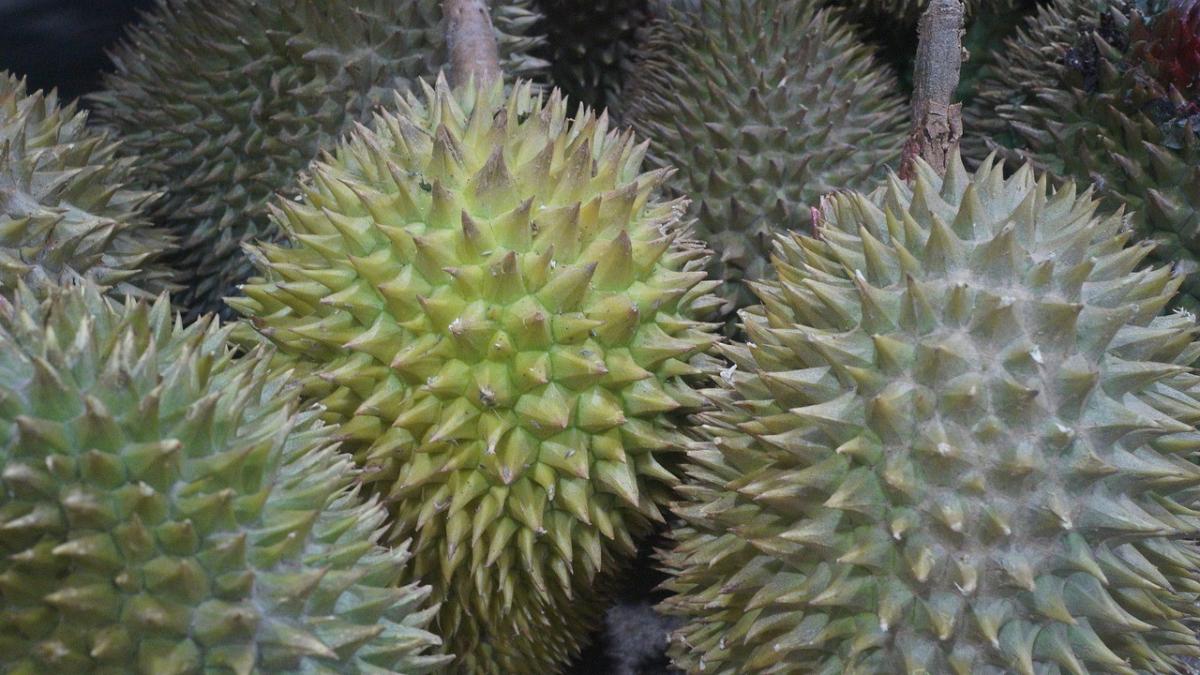
Dak Lak province in Vietnam’s Central Highlands region is one of the country’s main areas for durian cultivation. While large-scale durian exports bring significant profits, this has also prompted some growers to engage in various illicit practices.
According to a Vietnamese news report, authorities in Dak Lak discovered during this year’s durian season that some foreign traders were buying durians from orchards lacking export codes, intending to ship them abroad. Buyers and sellers reportedly then conspired to modify the codes of cultivation areas and packaging facilities to avoid detection. Additionally, some code holders purchased unripe durians or those failing to meet export standards and used their codes to export the durians to China. Besides bringing the risk of Chinese authorities suspending exports, these practices could also cause significant harm to the brand and reputation of durians from Dak Lak.
In addition to code misuse, authorities also uncovered cases of traders soaking durians in unidentified chemicals. These chemicals, primarily sourced from Thailand and China, were apparently being used to accelerate the ripening of early-harvested durians and extend their shelf life. However, the unidentified chemicals may contain harmful substances, potentially posing health risks to consumers. Processing facilities typically carry out these activities at night after closing to evade oversight and inspections by authorities.
During the 2024 durian season, police in Dak Lak province investigated and penalized four companies involved in the durian trade, confiscating nearly four metric tons of durians. On-site inspections revealed that some durians had been soaked in unidentified chemical solutions. In response, the companies were fined a total of 237 million Vietnamese dong ($9,400).
Moreover, the police found that these companies had affixed cultivation area and packaging facility codes from outside Dak Lak province onto the durian cartons. A total of 2,859 counterfeit labels were found on the premises. Such practices severely compromise traceability, leading to significant risks.
This year, the General Administration of Customs of China has issued multiple written warnings over Vietnamese durians concerning problems such as excessive levels of cadmium. A total of 35 cultivation areas and 29 packaging facilities have been repeatedly warned, while 80 cultivation areas and 43 packaging facilities have received a single warning. In addition, 18 orchards and 15 packaging facilities have had their exports suspended by China. However, in response to the warnings from the GACC, the Plant Protection Department of Vietnam’s Ministry of Agriculture and Rural Development stated that their tested samples had not been found to contain excessive levels of cadmium.
Dak Lak province now leads the country in terms of durian production, with approximately 32,785 hectares dedicated to durian cultivation, an increase of more than 10,300 hectares compared with 2022. Of the total cultivation area, approximately 48% is currently harvestable. The province’s durian output is expected to exceed 300,000 metric tons this year.
Image: Pixabay
This article was translated from Chinese. Read the original article.



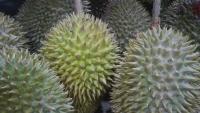
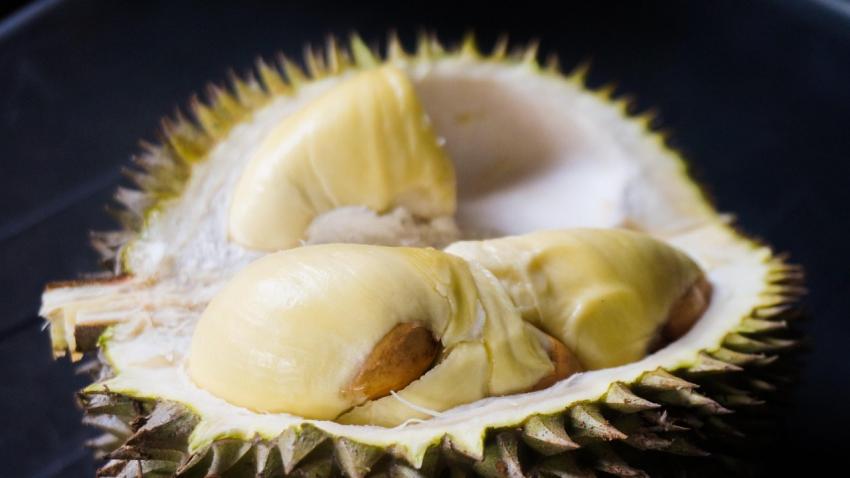
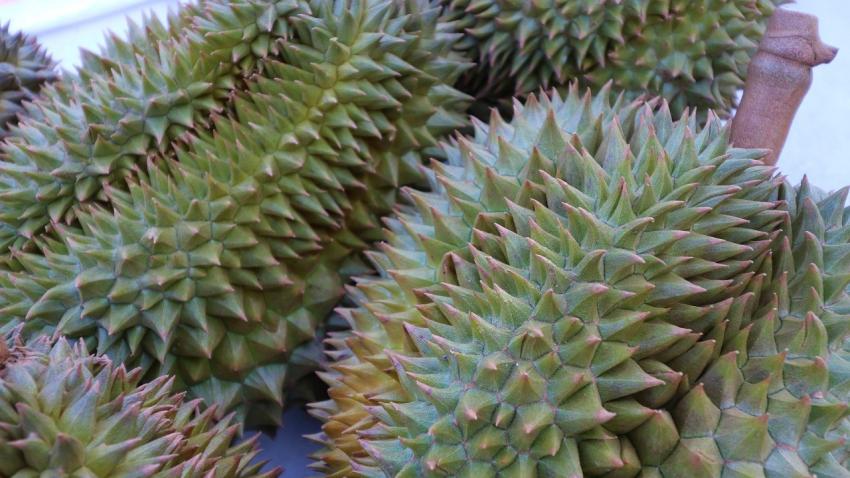
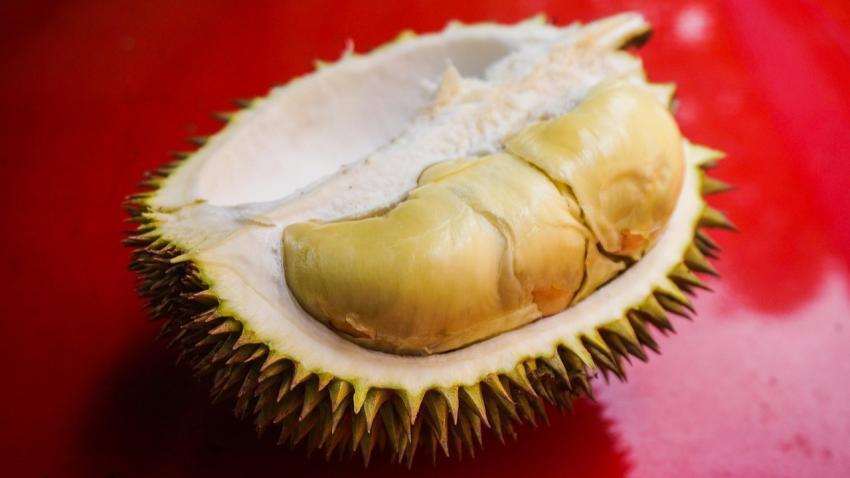
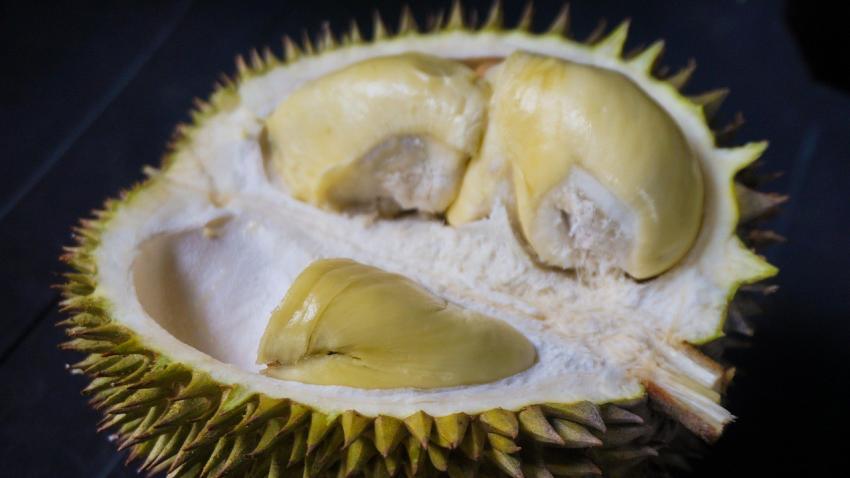









Add new comment